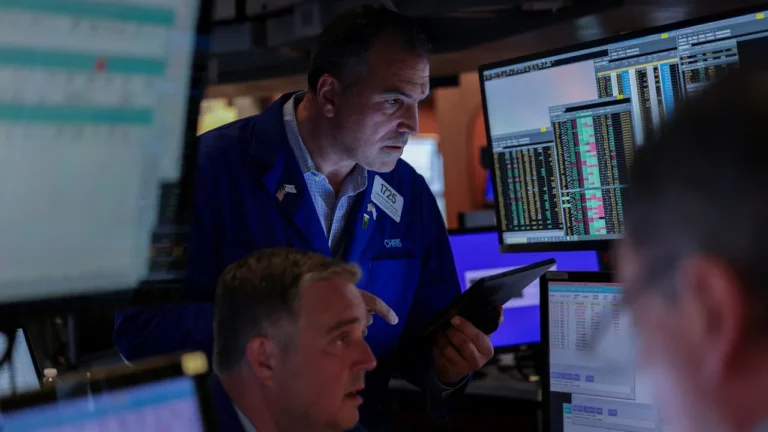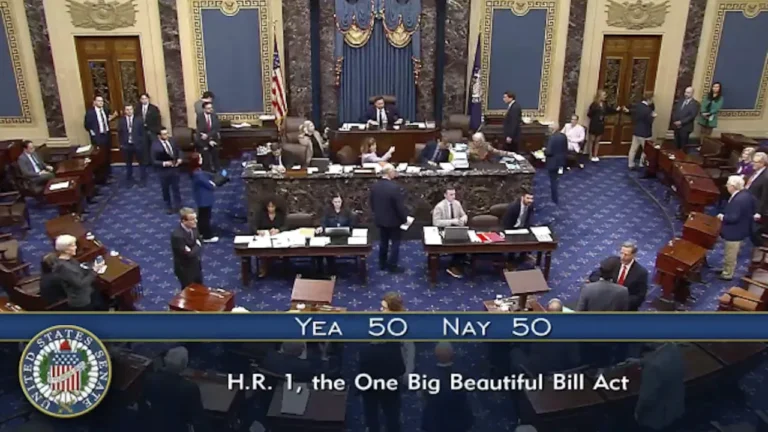
Workers in about 15 locations nationwide are about to receive a boost in their paychecks, thanks to minimum wage increases that went into effect this week around the country. On Tuesday, July 1, minimum wage increases went into effect in Alaska, Oregon, and Washington D.C. Additionally, 12 cities, including Chicago and Los Angeles, are doing the same.
The minimum wage hasn’t changed on a federal level since 2009. It remains stuck at $7.25. However, local governments have been moving the needle over the years, which is good news for workers, given the cost of living is at an all-time high.
Previously, on January 1, 21 states increased the minimum wage, impacting some 9.2 million workers. The July 1 wage increase isn’t quite so far-reaching, but it will still impact more than 880,000 workers, according to a recent report from the Economic Policy Institute. Per the report, the wage bump will collectively raise those workers’ earnings by around $397 million.
Washington, D.C., increased its minimum wage to $17.95, from $17.50. And statewide, Oregon went from $14.70 to $15.05, and Alaska, from $11.91 to $13.
In other areas of the country, changes vary depending on the city or county. And, in some states, the minimum wage is set to increase little by little. In Alaska, which just upped its rate by $1.09 (from $11.91 to $13), it will increase until it reaches $15 in 2027.
Some wage increases depend on the size of companies, too. In Maryland’s Montgomery County, employers with 10 or fewer employees now have to pay them $15.50 an hour, up from $15. If companies have 11 to 50 employees, the rate is $16, up from $15.50. And if there are 51 or more employees, the rate is $17.65, up from $17.15.
Another notable point is that some locations increased not only the minimum wage, but also the minimum wage for tipped workers (those who rely mostly on tips and a traditionally low hourly wage). In Chicago, the minimum wage went from $16.20 to $16.60. The rate for tipped workers went from $11.20 to $12.62.
Currently, there are only a handful of locations with minimum wages over $20. The state of California pays fast-food workers $20 an hour, and Seattle has a minimum wage of $20.67. Now, the cities of Tukwila and Everett, Washington, have joined the over-$20-an-hour club. In Tukwila, employers with 15 to 500 workers will now pay minimum-wage employees an hourly rate of $21.10—up a full dollar from $20.10. In Everett, employers with more than 500 employees will pay a minimum rate of $20.24, up from $16.66.
For a full list, as well as to see other minimum wage increases set to hit in 2025, check out the National Employment Law Project’s “Raises From Coast to Coast in 2025” report. Find it here.


